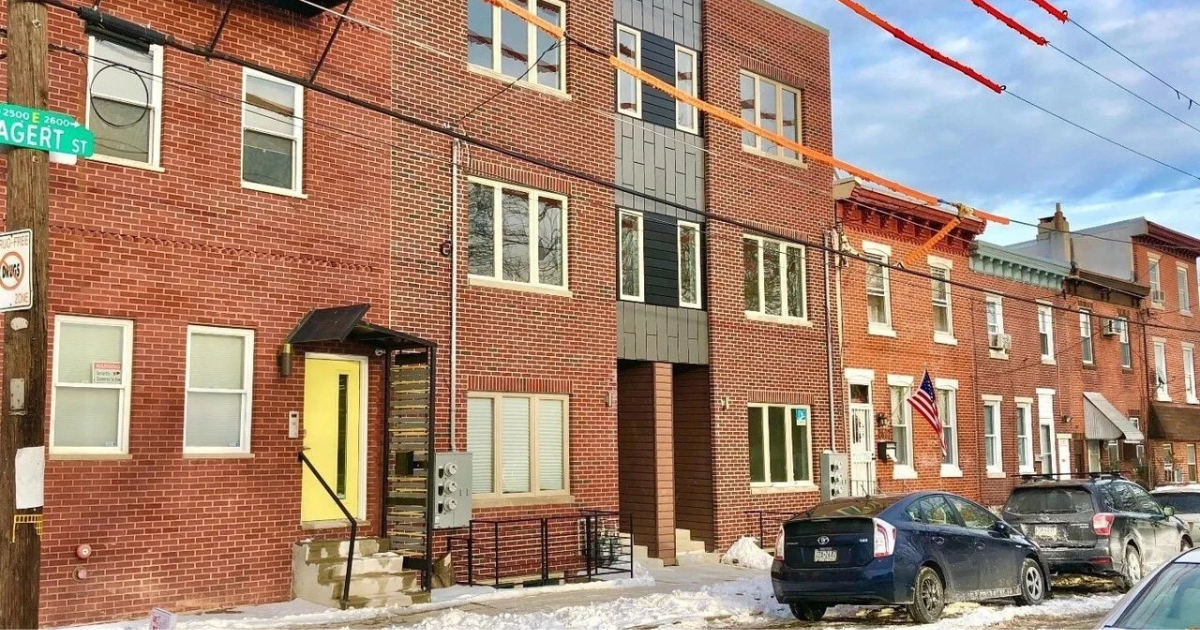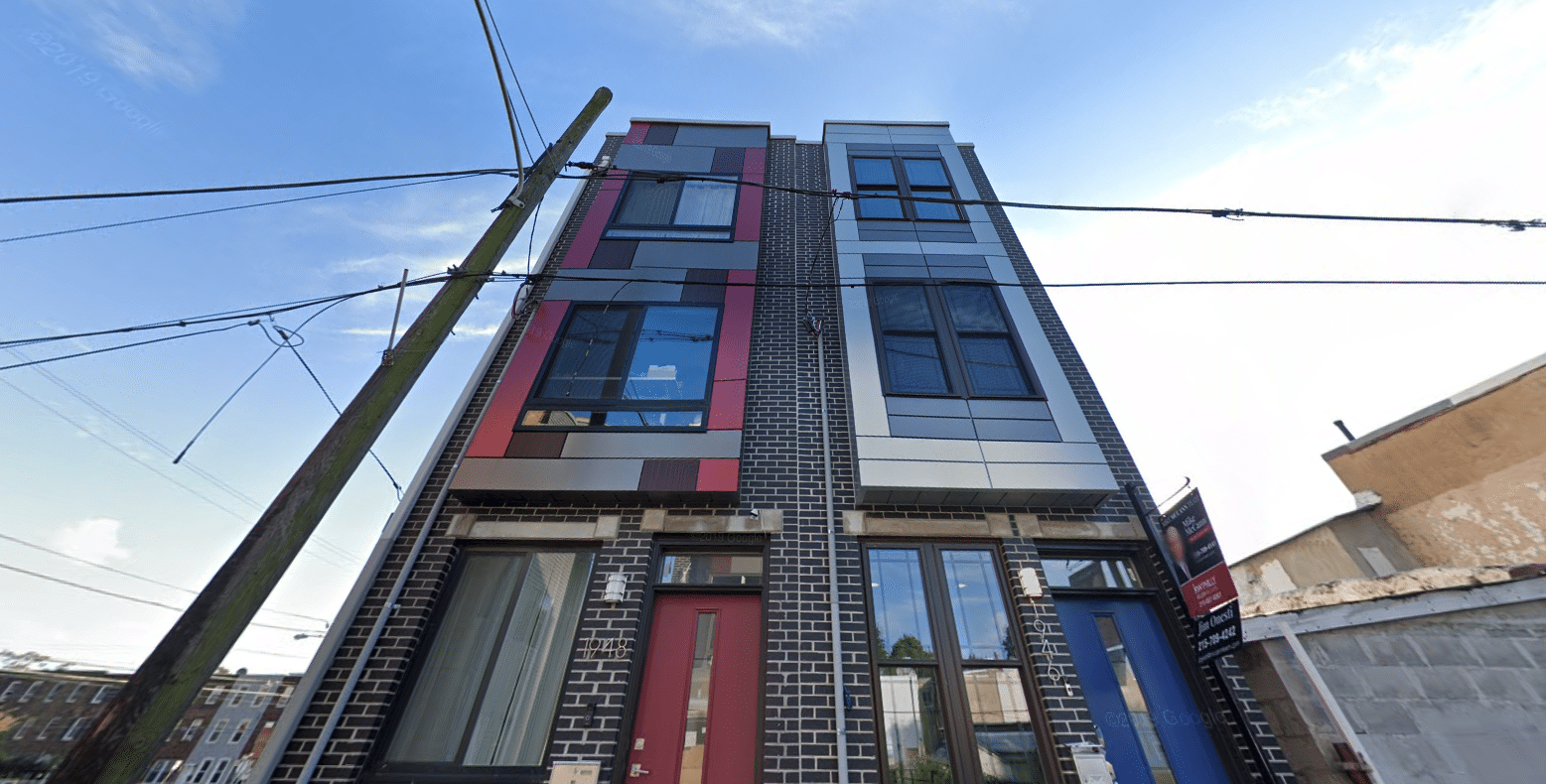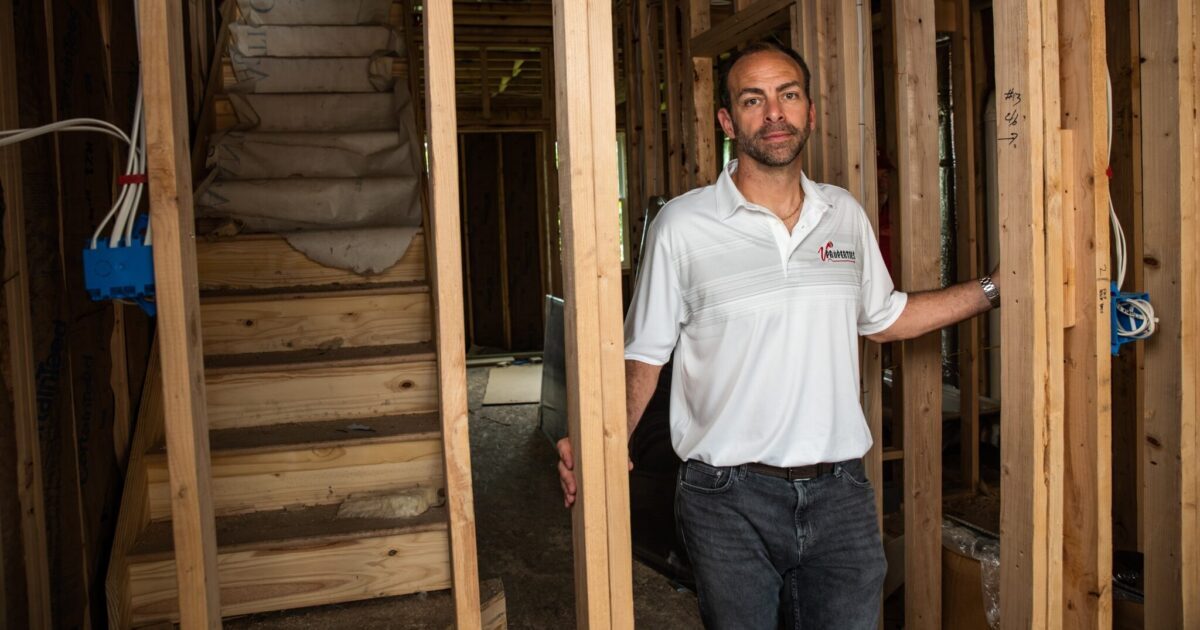Neighbor Dismisses Lawsuit for Adverse Possession
Our real estate developer client purchased a vacant lot in a highly desirable section of Kensington, Philadelphia with the intention of developing...
2 min read
Nochumson P.C. : Jun 30, 2021 9:00:00 AM

Our real estate developer client purchased adjoining properties in the outskirts of Fishtown, Philadelphia with the intention of constructing a 2-unit condominium building on each property. Since the zoning classification for each property was industrial in nature, our real estate developer client had to obtain a variance from the Philadelphia Zoning Code.
Initially, we were retained to represent our real estate developer client at the hearing before the City of Philadelphia’s Zoning Board of Adjustment (ZBA) to argue the merits of the pending zoning appeal.
At the hearing, we argued that compliance with the current industrial zoning requirements would cause unnecessary hardship to our real estate developer client in that the relatively small size of the lots was not large enough to be developed into viable industrial buildings. Additionally, the current use of the lots as garages did not match with the surrounding residential buildings on the same block, and that the proposed use of the properties would allow construction of buildings more consistent with the changing residential nature of the neighborhood.
In addition to the issue of zoning, an individual who lived on the same block of these lots stated his opposition to the proposed use variance. Instead of our client’s desire to develop each lot as a 2-unit condominium building, the neighbor instead wished for each lot to be used as a single-family dwelling. His concern with the proposed development project was his belief that he would lose the privacy he currently enjoyed if the properties were so developed. To preserve the record in case the neighbor appealed the ZBA’s ruling, we made a detailed presentation as to the merits of the pending zoning appeal.
In doing so, we argued that our real estate developer client would be detrimentally impacted through no fault of their own if they had to strictly conform to the Philadelphia Zoning Code. We further argued that the pending zoning appeal should be granted due to the transitioning nature of the neighborhood, the existence of other residential uses on the same block, and the high vacancy rate of nearby industrially-zoned properties. We also pointed out that the proposed use of the properties was compatible with surrounding uses (including adjacent properties to either side of the proposed development) and that the proposed structures would meet all applicable dimensional requirements. Most importantly, we emphasized that the objecting neighbor would have similar privacy issues with single-family homes as he would with multifamily dwellings. The ZBA agreed with the arguments we made at the hearing and granted the pending zoning appeal.
Unsurprisingly, the objecting nearby property owner appealed the ZBA’s ruling to the Philadelphia County Court of Common Pleas. Based upon the record we created at the hearing before the ZBA, and after an oral argument of the appeal pending in front of the Philadelphia County Court of Common Pleas, the trial court affirmed the ZBA’s ruling. Undeterred, the nearby property owner appealed the trial court’s ruling to the Commonwealth Court of Pennsylvania. We then filed a motion to quash that appeal due to his failure to follow the appellate court rules when he filed the appeal paperwork. On that technicality, the appellate court granted our motion and denied that appeal.
In the end, with our help, our real estate developer client built the condominium buildings and sold the units at a significant profit.

Our real estate developer client purchased a vacant lot in a highly desirable section of Kensington, Philadelphia with the intention of developing...

The Pennsylvania Commonwealth Court recently issued an opinion regarding zoning ordinance interpretations and the relationship that neighboring...

Our real estate developer client sought to convert a newly constructed two-unit residential building into a condominium in a highly desirable...